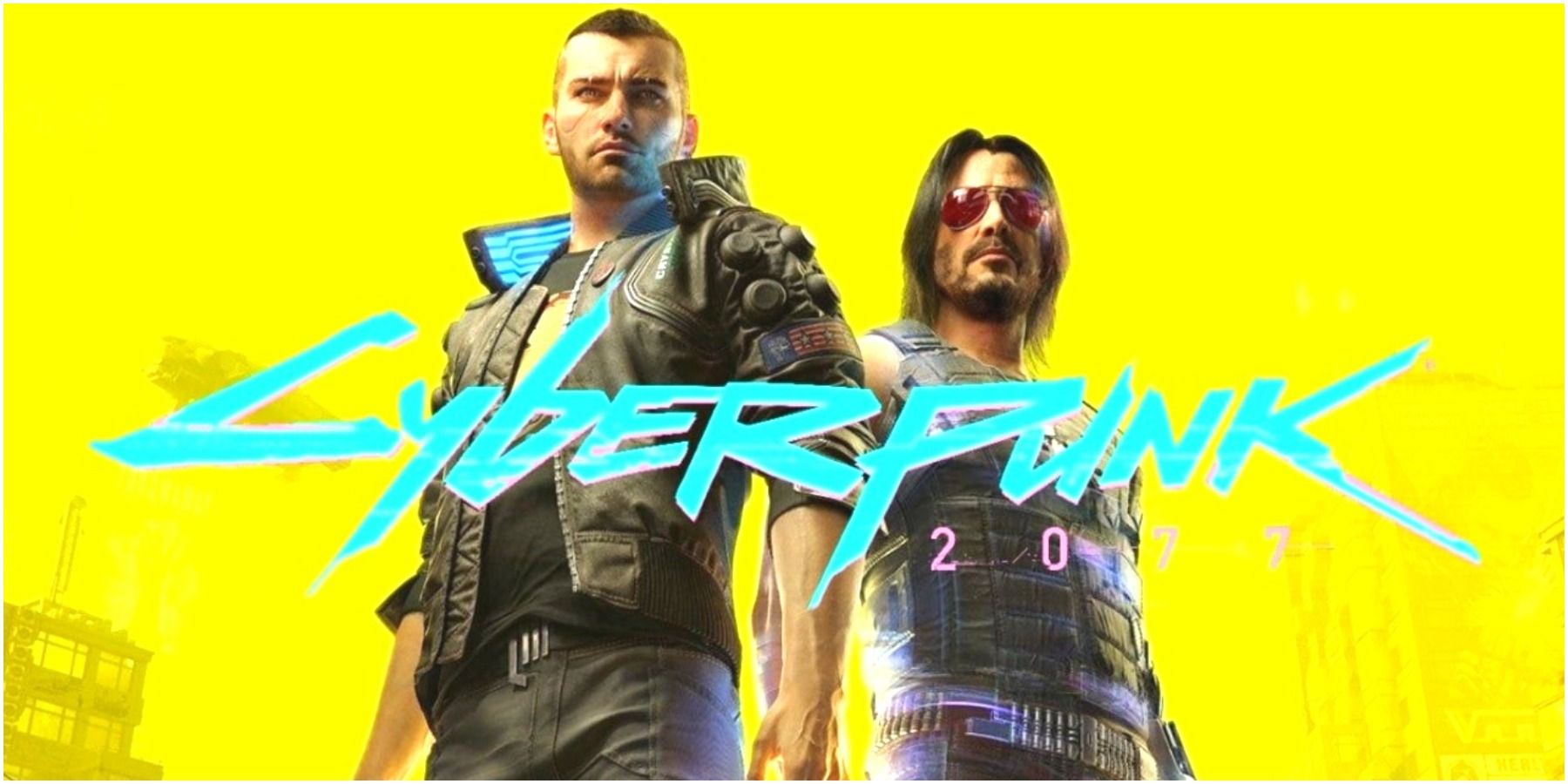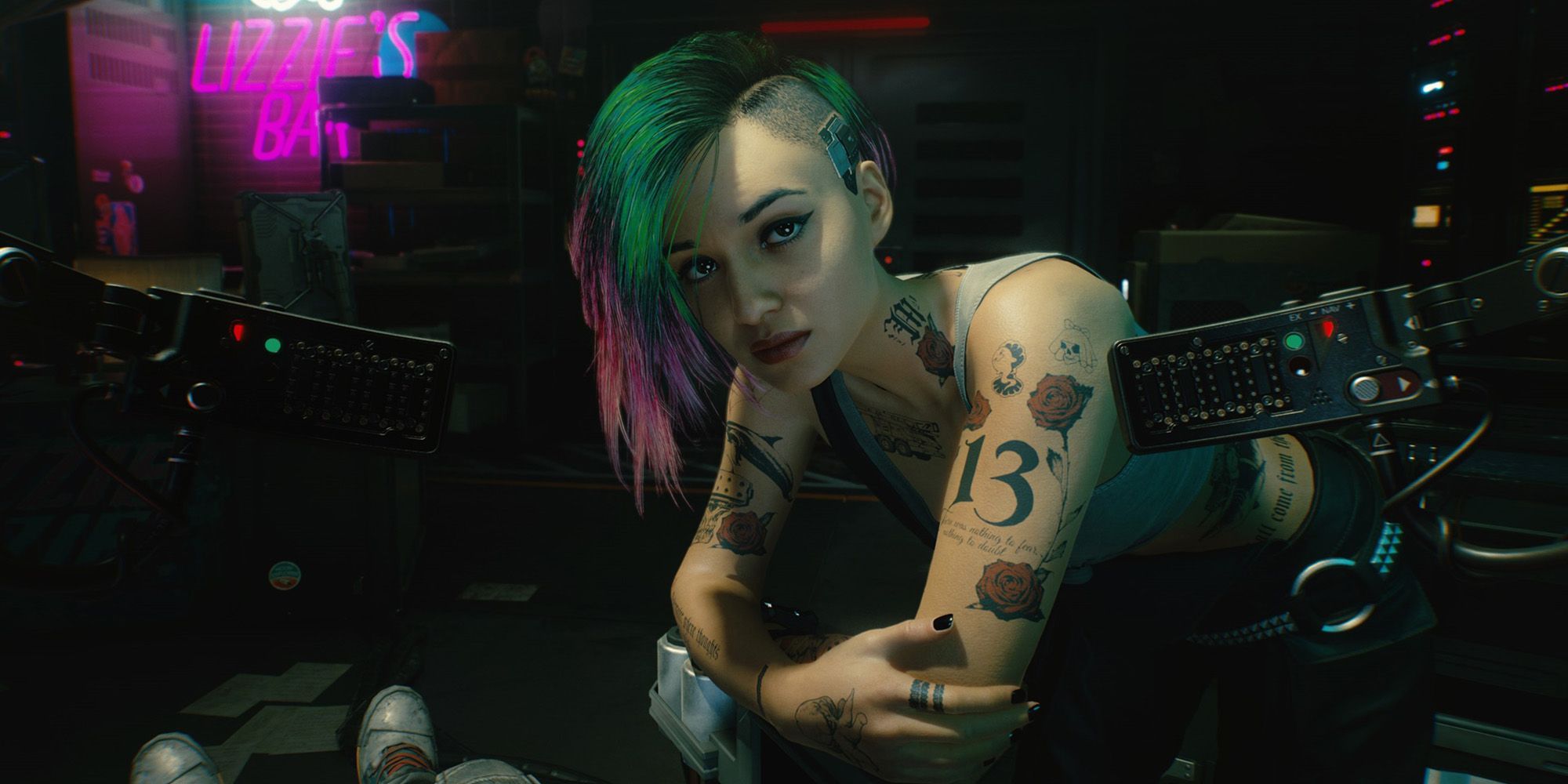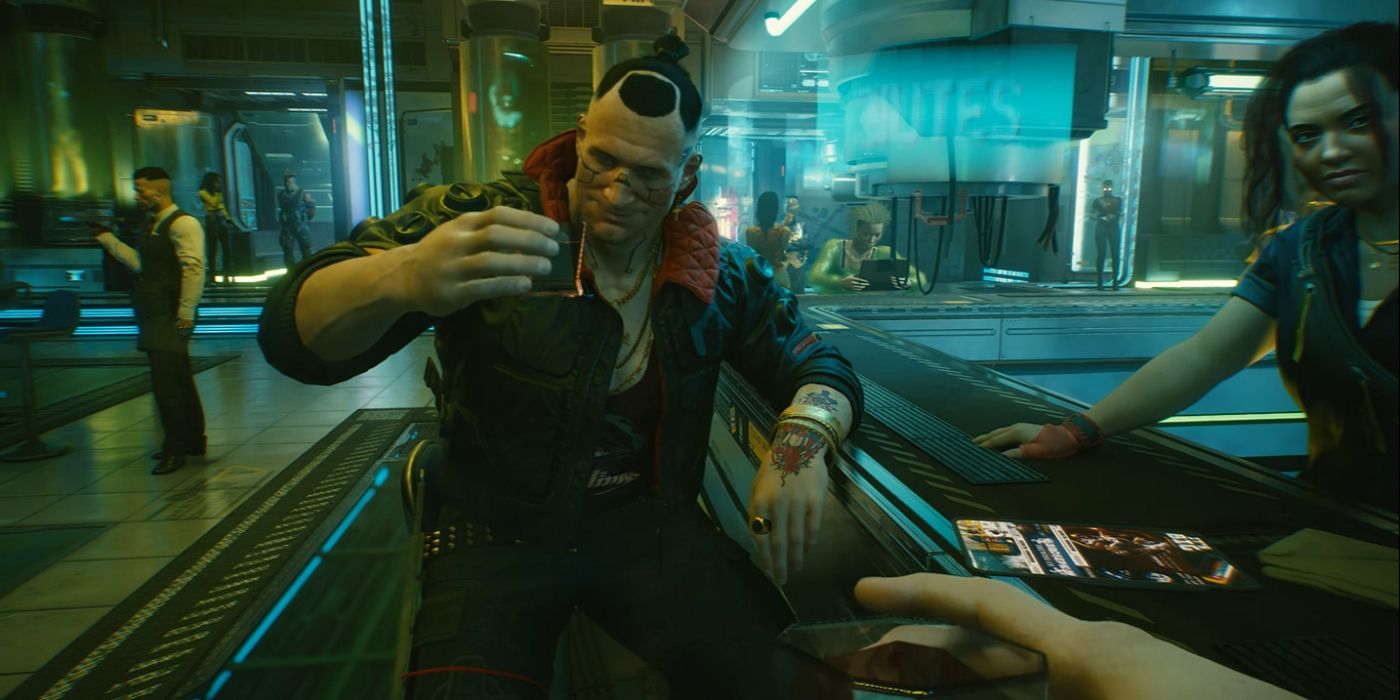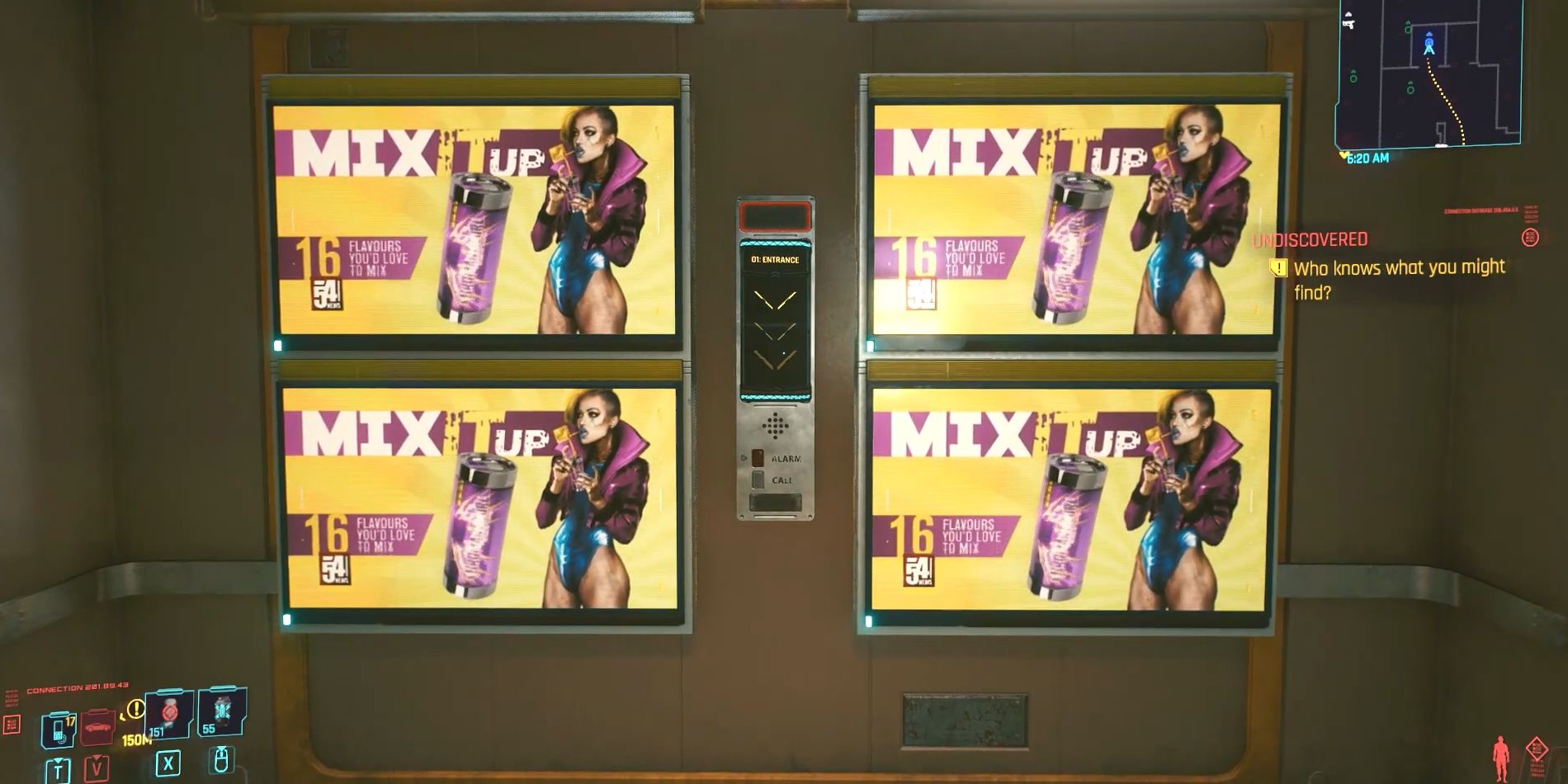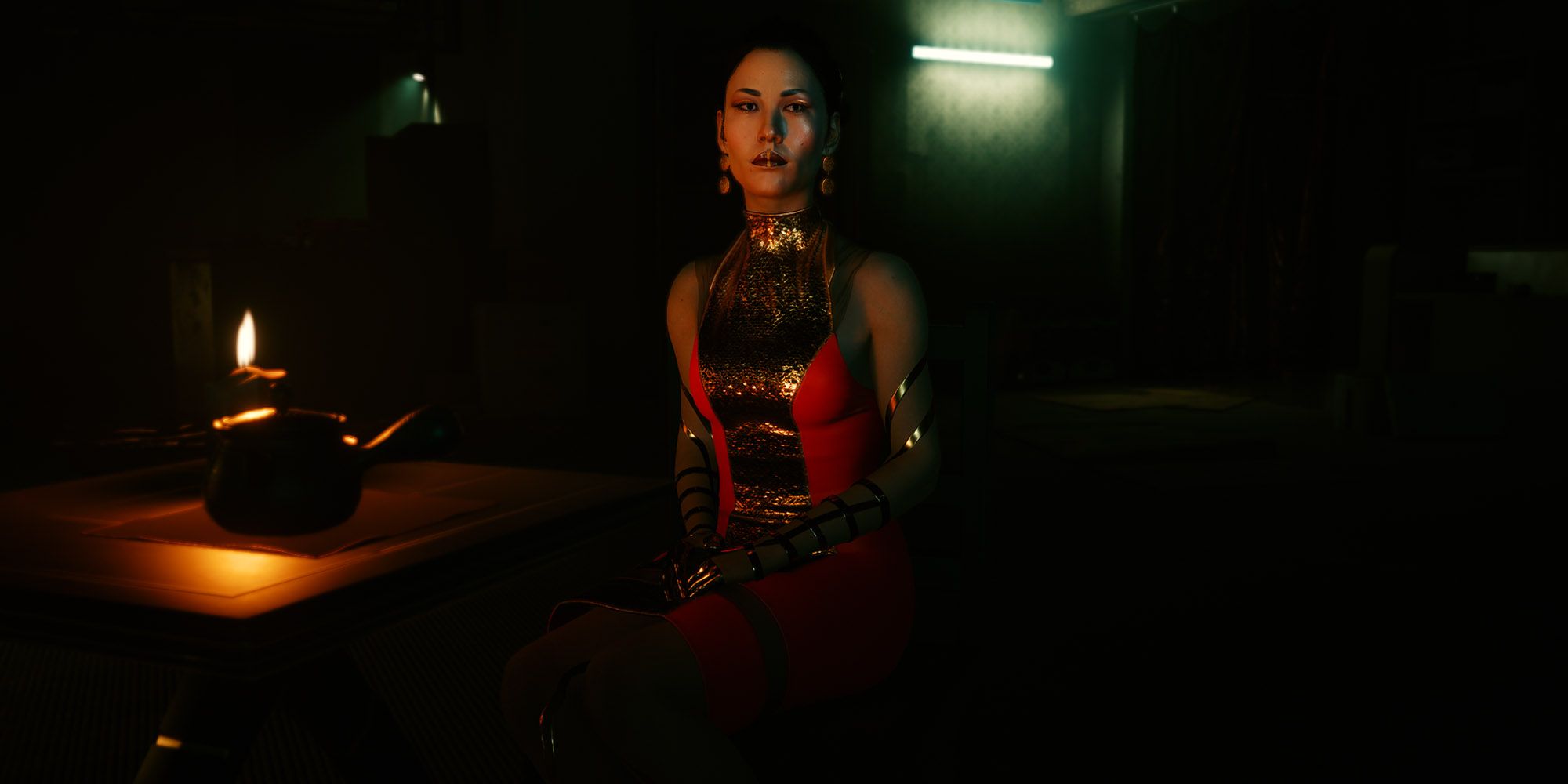Circus pioneer P.T. Barnum once said "There's no such thing as bad publicity," but he might have reconsidered that he had been alive to witness Cyberpunk 2077. After a distressed development compounded by accusations of sexism, transphobia and worker exploitation, conversations about the game almost inevitably turn to its controversies.
CD Projekt RED's dystopian RPG was infamous for the problems plaguing it at launch. However, while glitches can be addressed with updates, there's no way to patch history. With so many criticisms of the game's content from as many different communities, it's worth looking back on them as we consider how the game will be remembered.
PornHub Leaks and Sexism
Days before Cyberpunk 2077's release, its sex scenes were leaked to the adult site PornHub. That such content existed was not surprising, given a Q&A's earlier claims of enough motion-captured smut to "satisfy everyone," but the leaks themselves were still surprising. That said, such content is hardly inherently controversial. This wasn't the first title with sex scenes, and gaming has as much right to explore intimacy as any art form.
However, the topic of sex is often coupled with gender, and on that front, there was more to criticize. VG247's Stacey Henley called Cyberpunk 2077, "the most aggressively masculine game I’ve ever played," drawing attention to how women are beaten, exploited and mutilated, while the men are treated far more respectfully. Kotaku Australia's Leah J. Williams made similar comments, condemning the game's prominent male gaze and its disposable treatment of women.
Cyberpunk is an inherently dystopian genre, so it could be argued that the commodification of human bodies is to be expected. Even so, presenting such tropes without subversion or commentary was seen as mere indulgence. The problem wasn't sexual content in and of itself. It was gaming's usual misapprehension that such content equates to "maturity" taken to a degree many simply weren't comfortable with.
Delays, Crunch and Death Threats
Not all controversies reflect poorly on developers. Fans can be equally problematic. First announced in 2012, some gamers assumed Cyberpunk 2077 had been in development ever since. This was a misunderstanding, as interviews by Bloomberg's Jason Schreier revealed full development only began in 2016, but ire nevertheless raised at the game's delays.
Such things are sadly uncommon with massive RPGs, but here they opened a particularly ugly chapter of its development story. As the delays became more frequent, CD Projekt RED began using a crunch schedule, seeing employees work six-day weeks. Although CDPR insisted staff would be compensated, its prior claim that the practice wouldn't be necessary left some disillusioned. Forbes' Eric Kain stated further delays would be preferable to crunch, writing, "We should value human life over personal gratification or stock prices."
Some fans were more frustrated by the delays than concerned for workers' rights, however, as demonstrated when death threats were sent to CDPR's staff. Senior game designer Andrzej Zawadzki requested an end to this on Twitter, revealing the shocking verbal attacks on developers and their families. Between this abuse from supposed fans and Schreier's reports of 100-hour weeks and "physically ill" staff, there's little doubt that CDPR's employees were victims in their own right.
Transphobic Tropes
Entertainment has a long history with transphobia, often depicting trans people as objects of sexual deviance or curiosity. Video games are no different, which is why many were disappointed at CDPR's use of hurtful tropes. The problems began in 2018, when the game's Twitter account responded to a fan asking the "guys" for more of the game with, "Did you just assume their gender?!" This meme is a far-right dog-whistle designed to mock trans people as overly-sensitive snowflakes, and CDPR's use of it put many players on edge.
A month later, CDPR's sister company GOG was lambasted for hijacking the trans unity hashtag #WontBeErased to promote its games. In 2019, CDPR dug itself deeper into the discourse with the now-infamous "Mix it up" image: fetishistically depicting a woman with a prominent bulge. CDPR insists it meant no offense but, by this point, many were unwilling to take the studio at its word. Other problems, such as a lack of trans NPCs and a character creator that assigned gender based on voice instead of choice, only made the issue worse.
While Cyberpunk 2077 did include the trans character Claire Russell, she wasn't enough to dispel all the various criticisms. CDPR may well have acted out of ignorance instead of intentional malice, but that makes little difference to those hurt by their earlier choices.
Other Controversies and Lasting Legacies
Of the many controversies surrounding Cyberpunk 2077, some were relatively small, like complaints regarding the shift from third to first-person gameplay. Others, such as accusations of racist depictions, are more uncomfortable and require greater sensitivity to address. Whatever one makes of these issues, the fact remains that they collectively form an uncomfortable shadow that looms over the game and conversations about it.
That's a great shame, too, because there is a lot to admire about Cyberpunk 2077. It's utterly packed with content, its setting is incredibly unique and its colossal script has plenty of great moments. Clearly, there's a lot of fun to be had, but finding it needn't necessitate ignoring the issues people have raised. It's important for everyone -- fans and developers alike -- to engage with honest, good-faith criticism of the media they enjoy and create. After all, learning from history's mistakes is the only surefire way to avoid a dystopian future.

